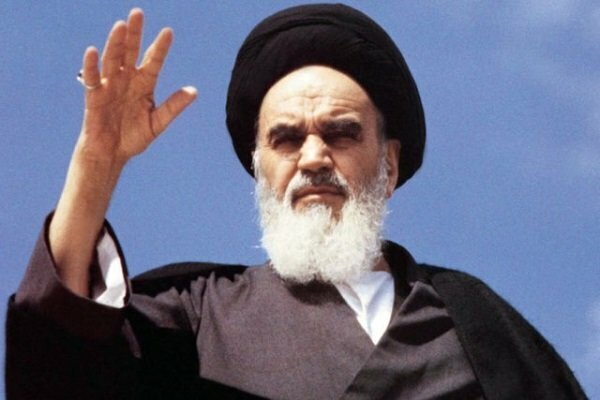Mumbai – Born in the town of Iran in 1900, Imam Ruhola Khomeini was a key figure in the Islamic world, not only as a religious scholar but also as a revolutionary leader.
At a young age, he was left without his parents and raised in a religious family, and later he became a dedicated scholar of Islamic beliefs. He received a religious education certificate in QOM city, where he studied science, philosophy and mysticism. His great knowledge of Islamic culture and his rich inner life were the main reasons why he was appointed as Ayatollah and later appointed Grand Ayatollah.
When Imam Khomeini observed Iran’s corruption and Western influences under the Pahlavi monarchy, it was a time when his political consciousness began to develop. In 1963 he disapproved the Shah regime not only because of his white revolution but also because of what he considered an attack on Iran and Islamic ways of life. In doing so, he was arrested and later deported to Türkiye, Iraq and, finally, France. Following this trend, he piloted the Iranian people during his exile through messages that recorded messages in his speeches, letters and resistance to the oppressors.
After a long battle, in 1979, Imam Khomeini was finally able to hold an Islamic revolution in Iran, which led to the overthrow of the Shah and the establishment of the Islamic Republic of Iran. It was the first secular state where Islamic scholars ruled the state in line with the laws of the creator that adhered to the principles of protection of Islamic jurists (Wilyat e Faki). As the supreme leader, he foregrounded the ideas of fairness, independence and solidarity among Muslims. He was also a supporter of the oppressed, and was particularly opposed to American imperialism and Zionism.
Imam Khomeini left the world on June 3, 1989 for his heavenly abode, but his impressions are not a lesson, and even in the Muslim world, his influence is very obvious. People cherish him not only as the person behind the revolution, but also as the person who gave impulses and forms to Islamic thought in the modern world. His death, the system he began, and the values he supported, have followed for years in the fight against oppression, inner growth and unpleasant commitment to Islam.

